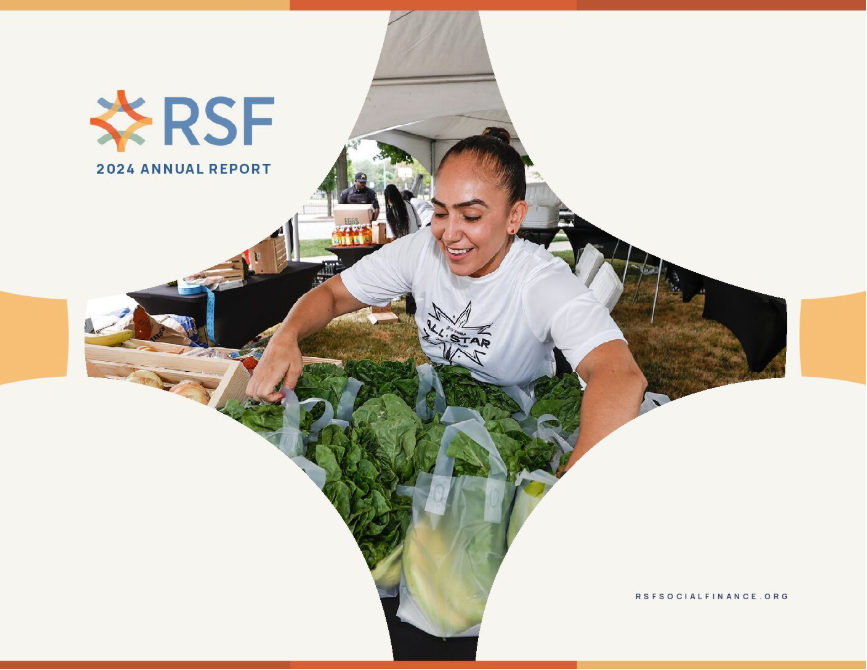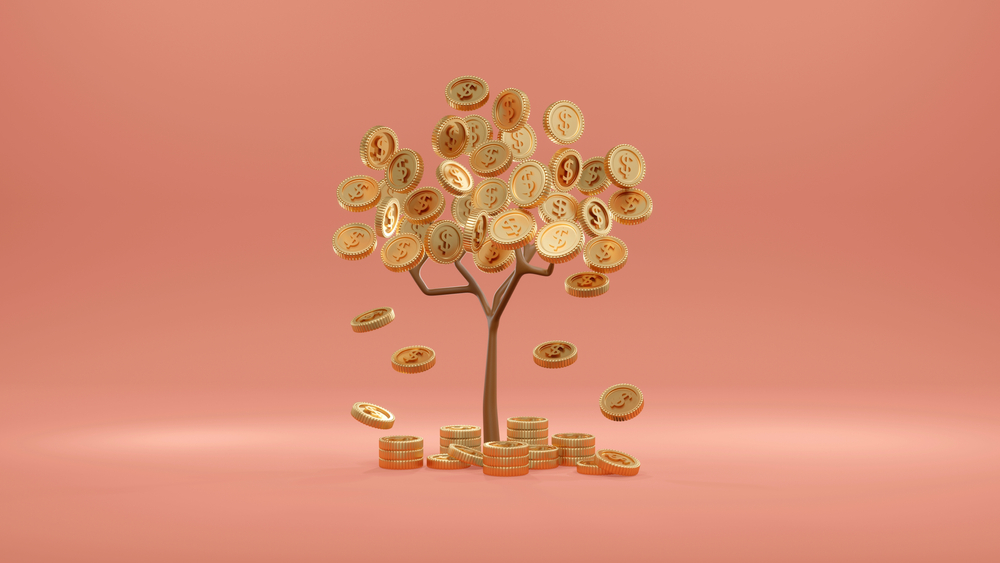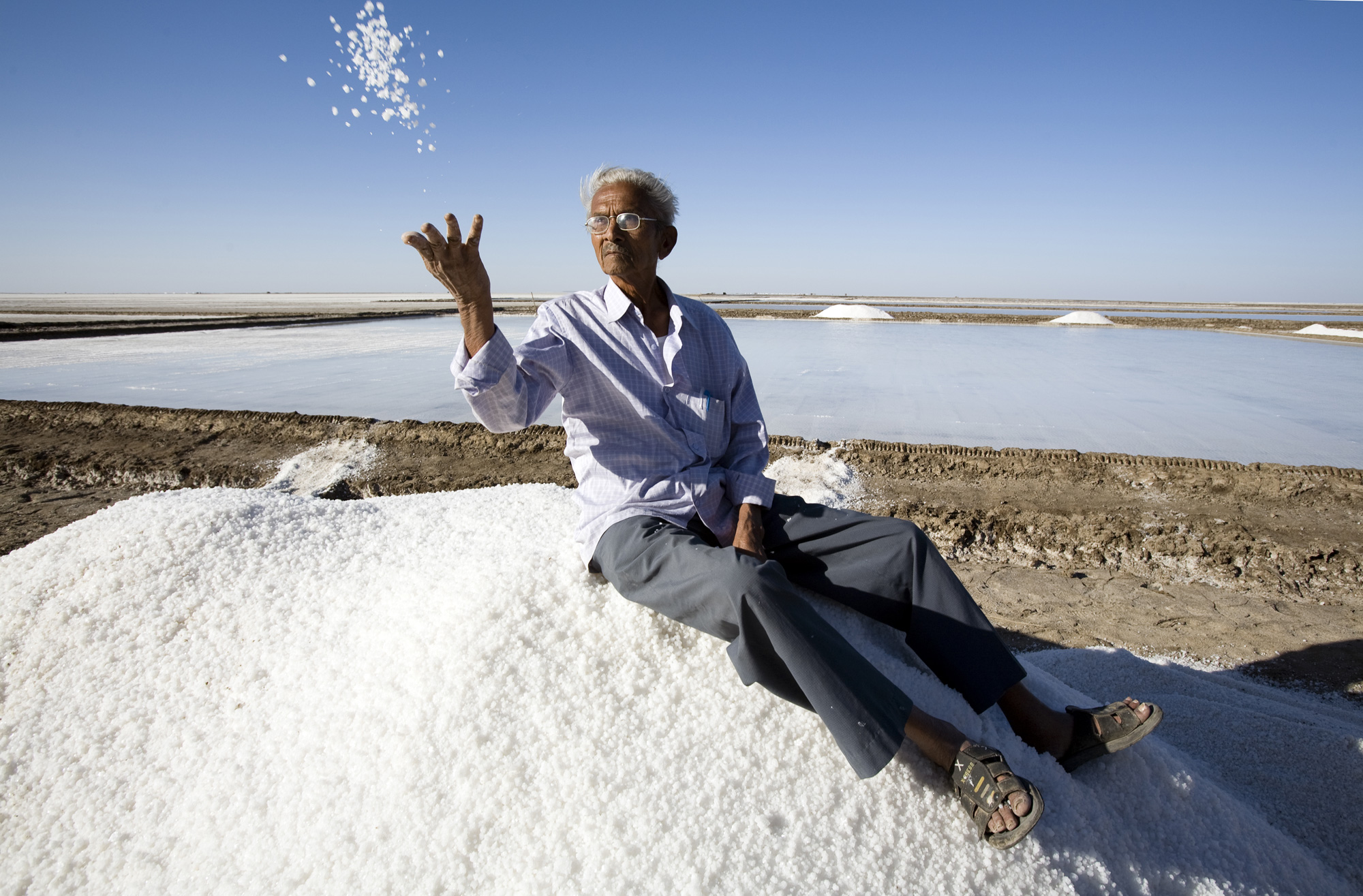In 1998, Caroline Duell gathered some of the herbs that she was growing on an organic family farm in Marin County, California, and created a salve for skin ailments. The balm was good for cuts, scrapes and burns, and she whipped up batches of it in her kitchen and packed it into Mason jars before giving it to rock climbing buddies and massage therapy clients. She called it All Good Goop.
People loved Goop so much that Duell and her boyfriend, Ryan Rich, started selling it at the farmer’s market. Demand grew. Meanwhile, in 2003 the couple moved to California’s Central Coast, where they bought their own farm—actually, Duell says, a “someday farm”—a junkyard in need of rehabilitation.
Duell continued to deliver her concoctions to dedicated customers. One day, she stopped at the Good Earth natural food store in the Marin town of Fairfax on her way to drop off Mason jars of Goop. “I said to one of the partners, Al, ‘Can I just leave these here and people can pick them up?’” she recalls. “And he said, ‘Do you not understand what’s happening? You have to actually put a UPC code on these and sell them to me, and then I sell them. It’s called a business. Get it going.”
So in 2006, Duell started building one. Her marketing plan was simple: she and Rich (who became her husband that year) packed jars of Goop into their truck and “drove to every little ski and surf town in the western U.S. and went to all the climbing, ski, surf and health food stores, building our brand door to door.” Initially they named the company Elemental Herbs, a nod to their Four Elements Farm. Later, they rebranded as All Good in honor of their original product.
All Good has since grown to a multimillion-dollar natural skincare company, offering everything from mineral sunscreen to deodorant to lotion to, yes, All Good Goop. But as they’ve expanded, Duell and Rich have never lost sight of their original vision: a triple bottom line of people, planet and profit.
“What we love about All Good is that they’ve worked to get full alignment in their business, from how they source their ingredients to how they treat their employees to who they bank with and receive financing from,” says Meredith Storton, manager, social enterprise lending, at RSF. “The way they’ve built that into all aspects of their business is really impressive to us.”
Finding Balance and Healing in the Earth
Originally, Duell was moved to create All Good Goop after working as an emergency medical technician in college and seeing that “the modern medical system does an excellent job of fixing people but doesn’t provide a lot of opportunity for healing.”
She wanted to heal with what the earth provides: “Our vision at All Good is that people are inspired to live in balance with nature,” she says.
To that end, All Good creates products with almost entirely organic ingredients, including calendula that Duell and Rich grow on their farm near company headquarters in Morro Bay, CA. They use post-consumer recycled packaging when possible and have nonplastic containers in their line as well. Through nonprofit partner 1% for the Planet, All Good donates at least 1% of total sales to environmental organizations. In 2009, the company was certified as a B Corporation, meeting the highest standards of verified social and environmental performance, public transparency and legal accountability to balance profit and purpose. All Good has such strong social and environmental practices that the company scored in the top 10% of the B Corp Impact Assessment, earning a place on the 2018 and 2019 “Best for the World” lists.
All Good also became an activist organization. After Duell attended a coral reef symposium in Honolulu in 2016, she became alarmed by the damage that chemicals in sunscreen, such as oxybenzone and octinoxate, were causing to coral reefs. She was also concerned about what these toxins were doing to humans. So All Good launched an on-the-ground campaign to support Hawaii’s senate bill 2571, banning the sale of sunscreens containing these two harmful chemicals. The bill goes into effect in 2021 and is a victory for coral reef ecosystems around the world.
The fight is far from over.
“Unfortunately,” says Duell, “all the big players just reformulated with other chemicals, which just have slightly different names.” In 2017, she created the Safe Sunscreen Council with 12 other natural skincare companies to continue educating the public. They’ve been involved in an effort to ban certain chemicals from being used in sunscreens sold in Key West, Florida, and one of their members just helped pass legislation banning three chemicals in the Marshall Islands. “We’re the opposition voice in the industry,” she says.

Connecting with a Mission-Aligned Lender
Another thing that makes All Good unusual is that Duell and Rich are committed to growth, but never at the risk of losing their commitment to triple-bottom-line values and a family-oriented employee culture.
Like many businesses, cash flow is a challenge. Half their sales are sunscreen, so even though they have to buy the ingredients in January, they don’t usually see revenue until June. In addition to cash-flow crunch, All Good had brought on three new employees, and has since added another three. Recently they even considered taking on outside investment to support continued double-digit growth. In fall 2018, Duell mentioned this during a meeting of OSC2, a group of Bay Area sustainable business leaders. Fellow members pointed her to RSF.
She and her team have been thrilled by how different the RSF experience has been compared to other lenders.
“When my CFO was getting due diligence questions from RSF, she would come into my office and say, ‘Are you kidding? These guys actually care’,” Duell recalls. “When they did an on-site visit, they wanted to see where we planted our plants and how we treated our employees.”
RSF worked hard to make sure that All Good got what it needed, which included refinancing a $325,000 term loan and providing a $500,000 line of credit. All Good opened a Social Investment Fund account with RSF to provide collateral for the term loan, so its funds are being used to help other social enterprises. Both loans closed in April 2019.
“It was a great match,” says RSF’s Storton. “Caroline really valued what RSF is trying to do in the world, because we’re both trying to do similar work.”
Keeping Up the Good Work
RSF’s investment has helped All Good continue to grow at a rapid pace; sales were up 67% in 2019 alone. But it also allowed the company to audit its global supply chain, looking at the environmental, social and economic impacts of all its suppliers. The company’s goal is to reach carbon neutrality in 2020—30 years ahead of the Paris Agreement deadline and 10 years ahead of the commitment of fellow B Corporations.
“What we love most about working with RSF is knowing where our money is helping build and sustain amazing projects around education and soil building. That’s radical; I love it,” says Duell. “And it’s not just the values of RSF but also the individuals we work with that make it so wonderful.”


